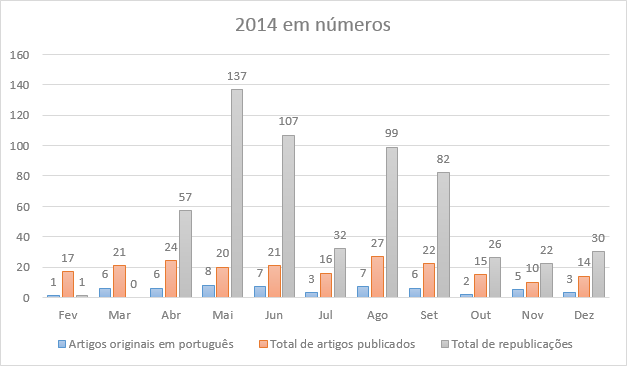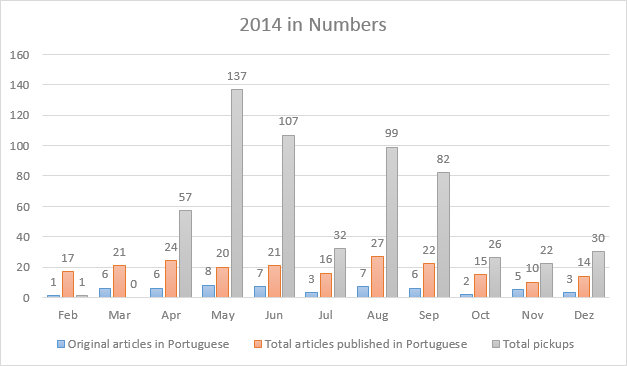The history of the University of Bologna offers an example of how the spontaneous-order mechanisms underlying market anarchism — mechanisms like mutual-aid surety associations and competing legal jurisdictions — can operate in a university setting.
Many mediæval universities were run from the top down. The University of Paris, for example, was founded, organized, and funded by the government, and students were under the strict regulation and control of the faculty. But the University of Bologna was run from the bottom up — controlled by students and funded by students. As for its founding, nobody ever really started the University — it just sort of happened. The University of Bologna arose spontaneously, through the interactions of individuals who were trying to do something else.
In the 12th century, Bologna was a center of intellectual and cultural life. Students came to Bologna from all over Europe to study with prominent scholars. These individual professors were not originally organized into a university; each one operated freelance, offering courses on his own and charging whatever fees students were willing to pay. If a professor was a lousy teacher or charged too much, his students would switch to a different professor; professors had to compete for students, and would get paid only if students found their courses worth taking.
Bologna soon became crowded with foreign students. But being a foreigner in Bologna had its disadvantages; aliens were subject to various sorts of legal disabilities. For example, aliens were held responsible for the debts of their fellow countrymen; that is, if John, an English merchant, owed money to Giovanni, a Bolognese native, and John skipped town, then innocent bystander James, if James were an English citizen, could be required by Bolognese law to pay to Giovanni the money owed by John.
The foreign students therefore began to band together, for mutual insurance and protection, into associations called “nations,” according to their various nationalities; one “nation” would be composed of all English students, another of all French students, and so on. If any student needed assistance (e.g., in paying other people’s debts as demanded by the government), the other members of his “nation” would chip in to help. Each was willing to pledge a contribution to the group for this purpose, in exchange for the assurance that he would himself be able to draw on these pooled resources in time of need.
In time the different “nations” found it useful to spread the risk still more widely by combining together into a larger organization called a universitas. This was not yet a university in the modern sense; the closest English equivalent to the Latinuniversitas is “corporation.” The universitas was essentially a cooperative venture by students; the professors were not part of the universitas. The universitas was democratically governed; regular business was conducted by a representative council consisting of two members from each “nation,” while important matters were decided by the majority vote of an assembly consisting of the entire membership of the universitas. (The similarity to the ancient Athenian constitution is striking.) The universitas adjudicated internal disputes and provided welfare relief to its members.
Once the universitas had been formed, the students now had available to them a means of effective collective bargaining with the city government (rather like a modern trades-union). The students were able to exercise considerable leverage in their disputes with the city because if the students decided to go on “strike” by leaving the city, the professors would follow their paying clients and the city would lose an important source of revenue. So the city gave in, recognized the rights of foreign students, and granted the universitas civil and criminal jurisdiction over its own members. Although the universitas was a purely private organization, it acquired the status of an independent legal system existing within, but not strictly subordinate to, the framework of city government.
How did the universitas of Bologna become the University of Bologna? Well, after all, this new means of effective bargaining with the city could also be used as a means of effective collective bargaining with the professors. The students, organized into a universitas, could control professors by boycotting classes and withholding fees. This gave the universitas the power to determine the length and subject-matter of courses, and the fees of professors. Soon professors found themselves being hired and fired by the universitas as a whole, rather than by its individual members acting independently. At this point we can finally translate universitas as “University.”
As employees of the student-run University, professors could be fined if they didn’t begin and end lectures on time, or if they didn’t finish course material by the end of the course. A committee of students was assigned to keep an eye on the professors and to report any misbehavior; the members of this committee were officially called the Denouncers of Professors.
The professors were not completely powerless; they formed a collective-bargaining association of their own, the College of Teachers, and won the right to determine both examination fees and requirements for the degree. A balance of rights thus emerged through negotiation: the obligations of professors were determined by the students, while the obligations of students were determined by the professors. It was a power-sharing scheme; the students, however, continued to act as the dominant partner, since they were the paying clients and collectively carried more clout.
This quasi-anarchistic setup was eventually brought to an end when the city government took over and began paying professors directly from tax revenues, thus converting the University of Bologna into a publicly-funded institution. Whether we interpret this move as public-spirited altruism or as a cynical power grab, in either case the result was that professors became dependent on the city government rather than on the students, who lost their earlier leverage as power shifted from the student body to the Bolognese politicians.
Principal source: Harold J. Berman. Law and Revolution: The Formation of the Western Legal Tradition. Harvard University Press, Cambridge, 1983.









